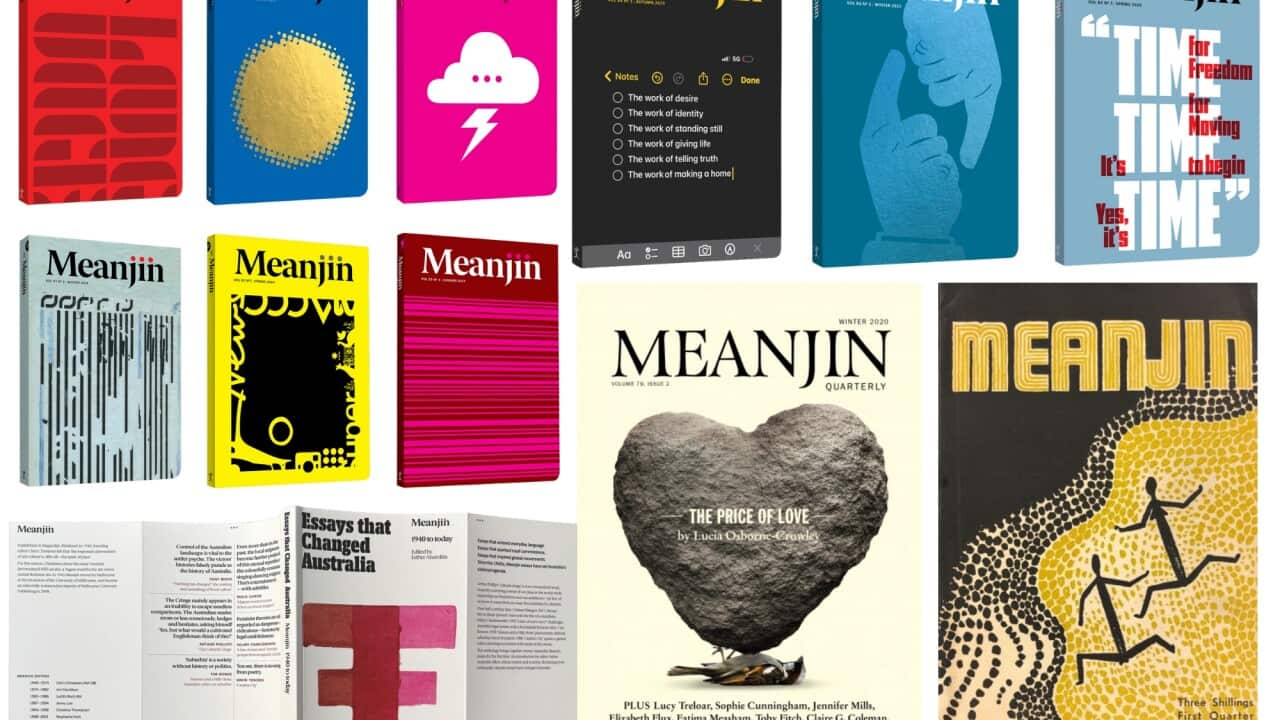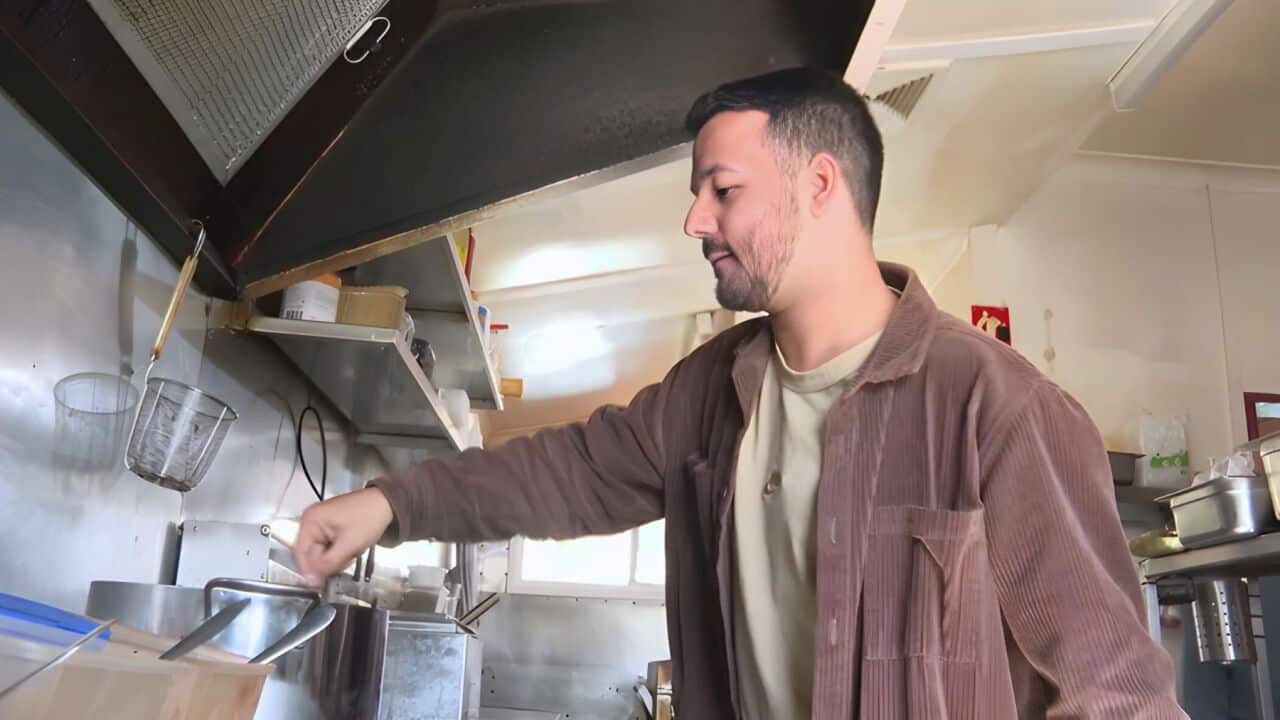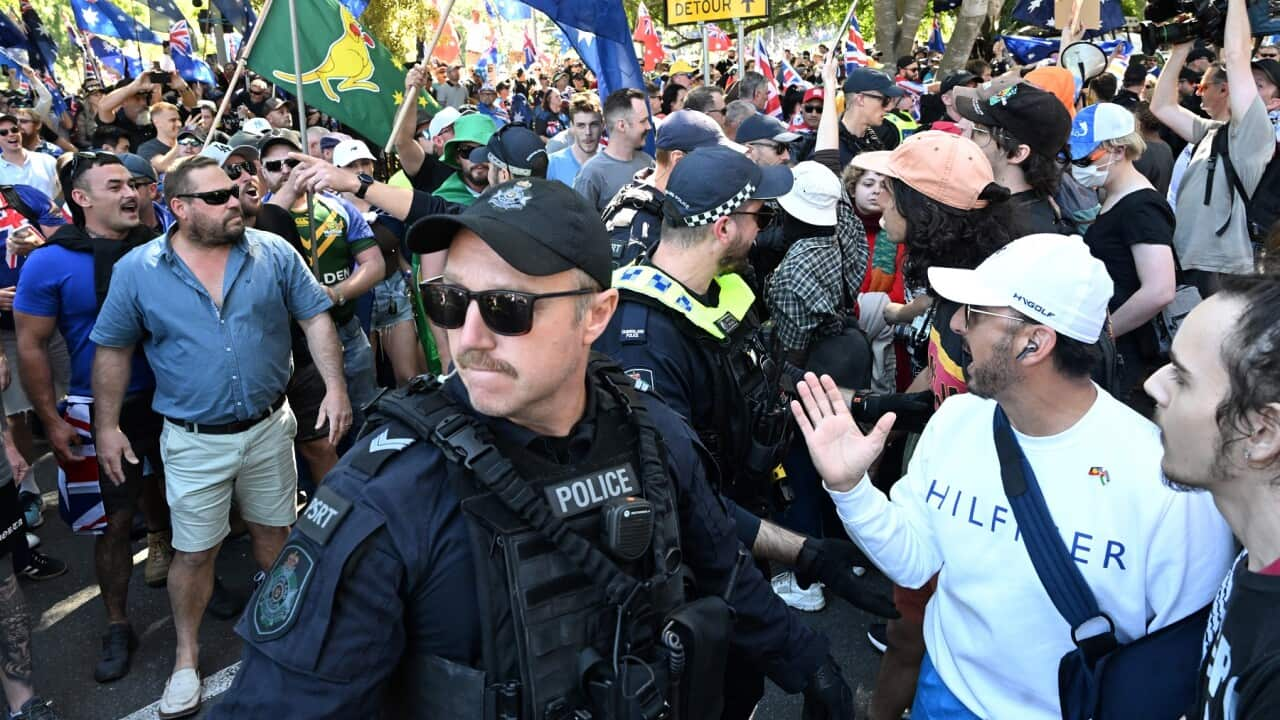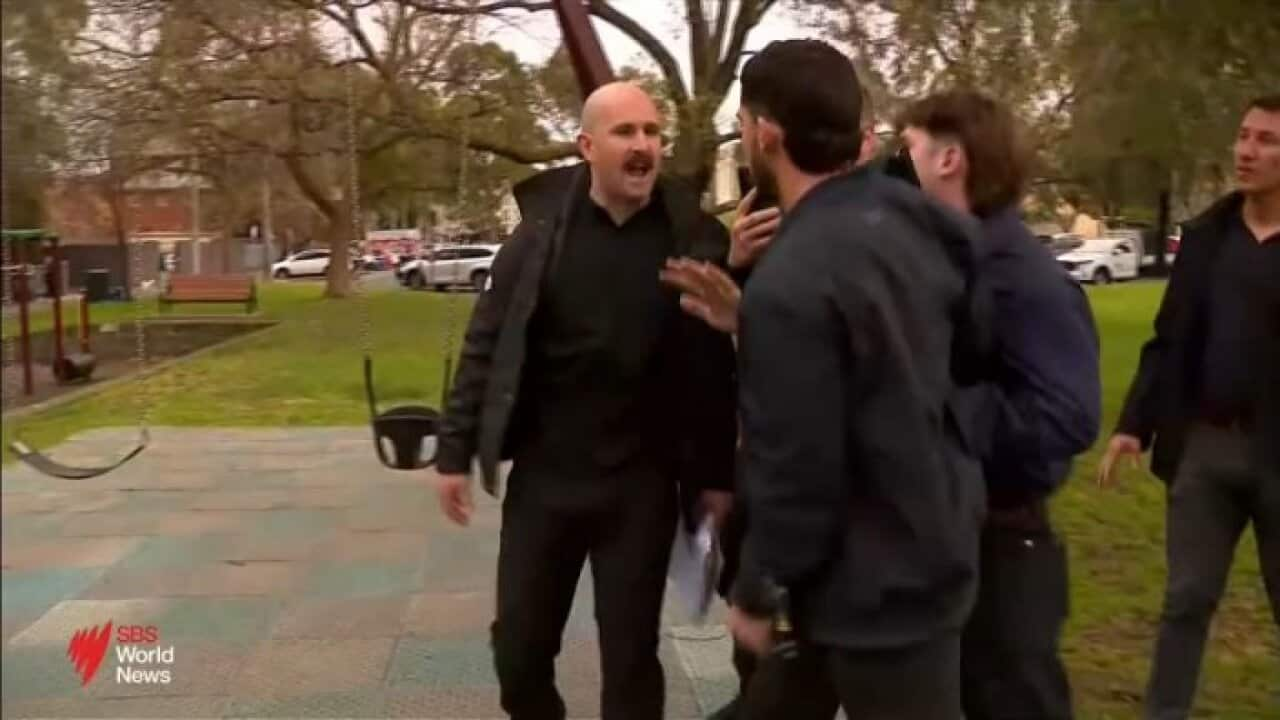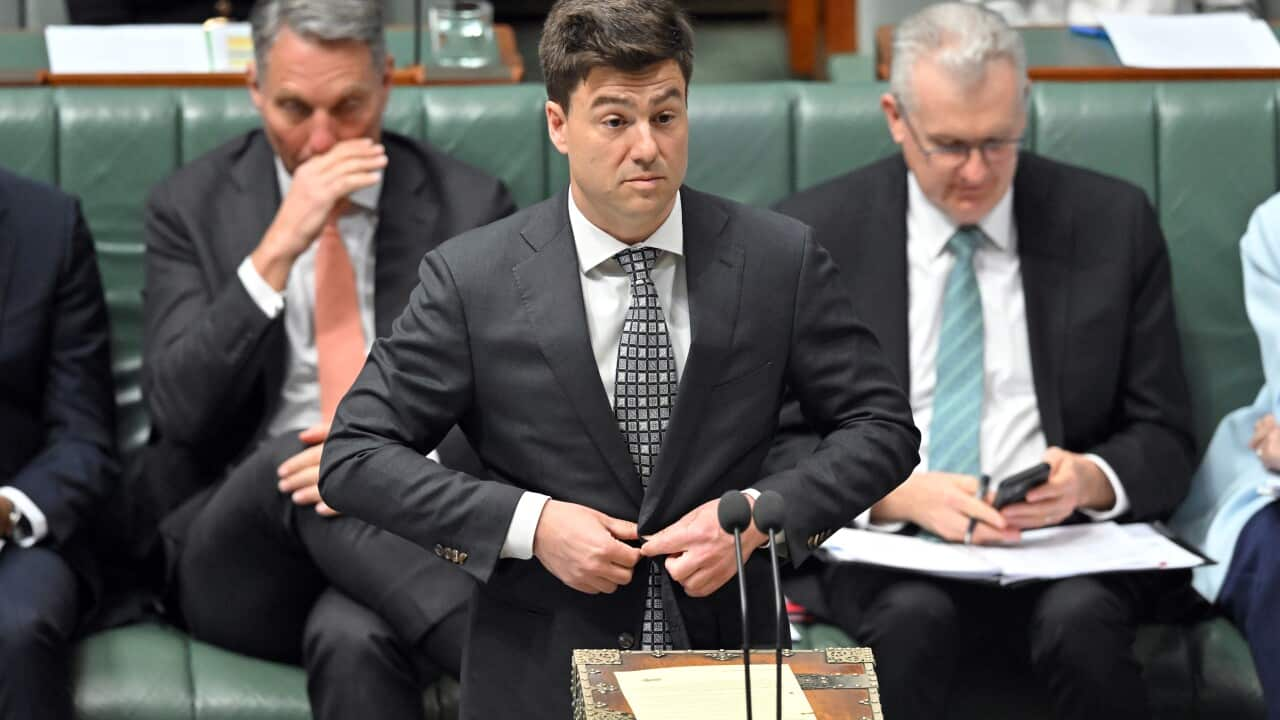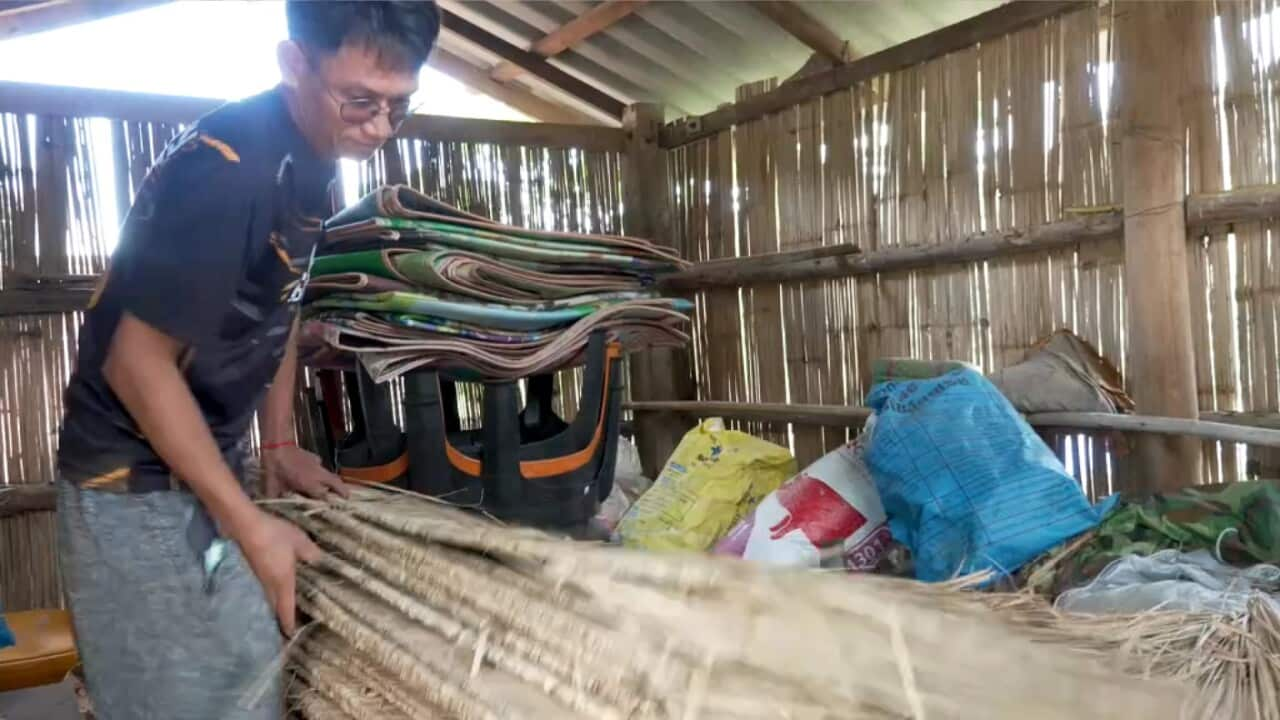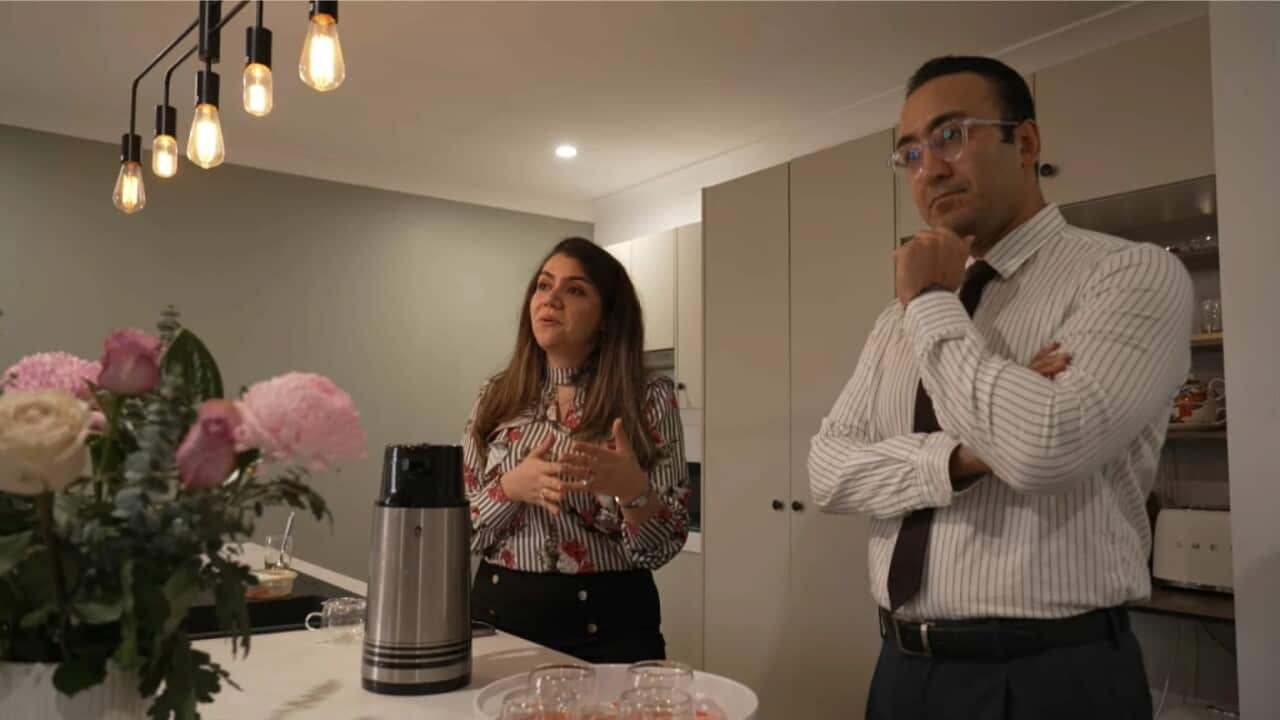TRANSCRIPT
Tensions are escalating between the White House and leaders in Illinois and Maryland, as President Donald Trump prepares to deploy federal forces to US cities run by Democrats.
“In the last three weeks, he's lost almost 20 people killed. There's no place in the world, including you can go to Afghanistan, you can go to places that you would think of. They don't even come close to this. Chicago is a hellhole right now. Baltimore is a hellhole right now.”
He says federal intervention is certainly going to take place.
“Well, we're going in. I didn't say when. We're going in. ... I would love to have ((Illinois) Governor Pritzker call me. I'd gain respect for him and say we do have a problem and we'd love you to send in the troops, because you know what? The people, they have to be protected.”
President Trump made these comments in the wake of what he says is an explosion of gun-related violence in the state.
“Two weeks ago, they had six people murdered, murdered, and they had 24 people hit by bullets. Last week, as you know, it was seven people, 24 people hit and seven people died. And then, over the last two days, it was the - that was the crown jewel. They had, I guess, nine killed, nine or 10 killed, and 50 hit with bullets.”
Illinois Governor JB Pritzker rejects President Trump’s assertions, outright.
“First, I want to address the President’s unhinged remarks a few minutes ago, begging me to call him. No, I will not call the President asking him to send troops to Chicago. I’ve made that clear already.”
Governor Pritzker went further, saying the US president is deliberately attempting to create a spectacle.
“I’m aware that the President of the United States likes to go on television and beg me to call and ask him for troops. I find this extraordinarily strange, as Chicago does not want troops on our streets. I also have experience asking the President for assistance just to have the rug pulled out from underneath me when execution meets reality. I refuse to play a reality game show with Donald Trump again.”
He continued with a direct warning to residents.
“We know, before anything has happened here, that the Trump plan is to use any excuse to deploy armed military personnel to Chicago. If someone flings a sandwich at an ICE agent, Trump will try and go on TV and declare an emergency in Chicago. I’m imploring everyone: if and when that happens, do not take the bait.”
Chicago’s mayor, Brandon Johnson, says federal intervention is not required or wanted.
“Instead of using militarised ICE agents to terrify our communities here in Chicago, instead of sending in Border Patrol to our city to detain mothers and fathers who have called Chicago their home for decades, working class people who pay their taxes and make our community stronger, they should direct those resources to taking down gun traffickers so that we can finally put a stop to the violence.”
The Trump administration has seized on a series of shootings over the weekend to support its push for increased military presence.
But data over a longer time period shows that - in line with other major US cities - Chicago's violent crime has dropped significantly overall.
The number of shootings and homicides in Chicago decreased by more than 30 per cent in the first half of 2025 compared to the same time last year [[according to city data]].*
Mayor Johnson urged Trump administration officials to avoid using the grief of the families of those killed in the city's shootings, to further their political agendas.
“And so our call to the president and to his fellow Republicans who want to weaponise the tragedy of gun violence, the Republicans who want to use the pain of families who have lost loved ones to shootings, and who want to use our city as a punching bag. Our response is that they should get their own house in order before they say anything about the city of Chicago.”
Activists and lawyers in Chicago have also been voicing concern about the human impact of Mr Trump’s plan.
Civil rights lawyer Joey Mogul cited the federal ruling in California, where a judge has found President Trump’s earlier National Guard deployment during immigration protests violated the law.
“The decision by the federal court in California strongly corroborates what Governor Pritzker and Mayor Johnson have said, which is the deployment of National Guard units here in Chicago is illegal, unwarranted, and unconstitutional. We should not be putting our military troops and our National Guard units in this position. They should not be put in a position where they are enforcing illegal orders that are against our civilian population. That is not what is supposed to happen here in the United States.”
Veterans also voiced their concerns.
Navy veteran Daniel Lakemacher called on Governor Pritzker to go further.
“Governor Pritzker, you made that statement as Commander in Chief of the Illinois National Guard, calling these orders illegal. Back up your words with actions by directing the Illinois National Guard, not to report, to refuse these orders.”
Aaron Hughes, a Guard veteran, has reminded service members of their obligations under military law.
“According to the UCMJ (Uniform Code of Military Justice), you have a duty to refuse illegal orders. That is the Uniform Code of Military Justice. It is important to note that just following orders is not a defence. That is not a defence. And service members should know that.”
All of this plays into a broader national struggle over the limits of federal power.
Mr Trump has already federalised policing in Washington DC, and signalled similar moves in other Democrat-led cities.
The California court ruling may not have forced troops to withdraw, but it underscores how contested these actions are likely to remain.


